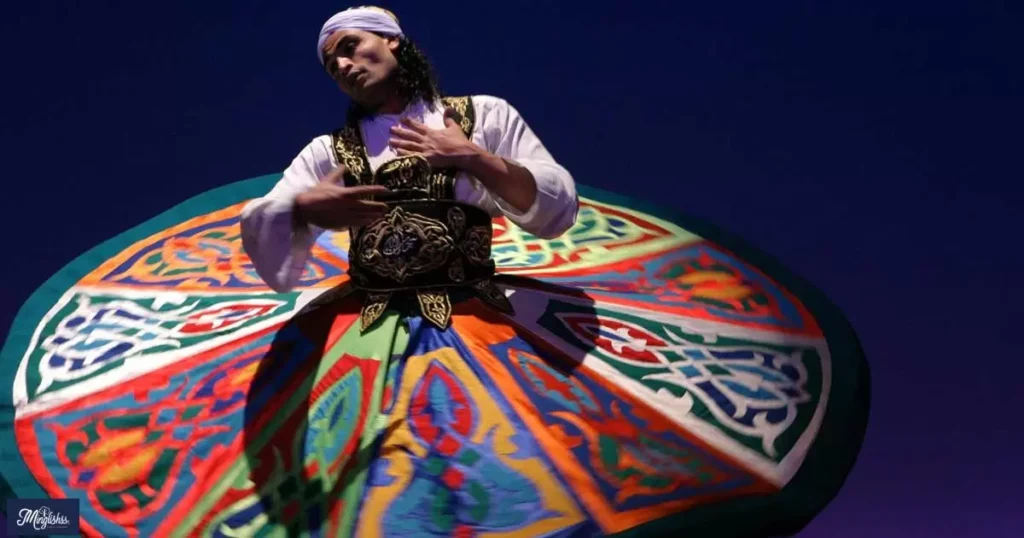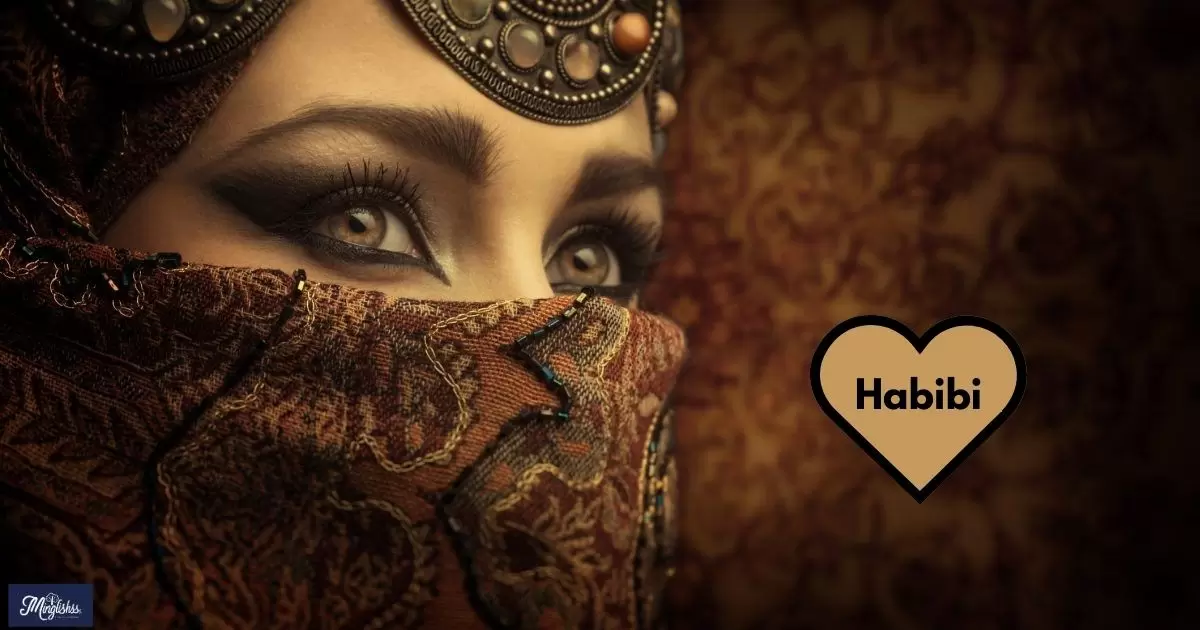“Habibi” is a term that carries deep emotional significance and cultural resonance. This Arabic word, often used in various Arabic-speaking regions, translates to “my beloved” or “my dear.”
It’s not just a term of endearment but a reflection of the rich cultural tapestry in which it is embedded.Understanding “habibi” offers insight into the emotional and social nuances of Arabic-speaking communities.
The charm of “habibi” lies in its versatility and depth. It can be used to address loved ones, friends, or even acquaintances, depending on the context. This term reflects affection, respect, and sometimes, a sense of familiarity that transcends mere words.
To grasp its full significance, one must delve into the contexts in which it is used and the cultural norms surrounding it.
In this blog post, we will explore the various meanings and uses of “habibi” across different cultures. We will also look into its historical roots and how it fits into modern interactions.
By the end of this article, you’ll have a comprehensive understanding of “habibi” and its place in Arabic-speaking societies.
Understanding “Habibi”
“Habibi” is derived from the Arabic word “حب” (hubb), meaning “love.” The term “habibi” literally translates to “my love” or “my beloved.” It is commonly used in many Arabic-speaking countries, including Egypt, Lebanon, and Saudi Arabia, among others.
Emotional Significance
The term carries a profound emotional weight. When someone uses “habibi,” they are expressing a deep affection or fondness. It can be used romantically between partners or platonicly among friends and family. The emotional depth varies depending on the relationship between the speakers.
Cultural Contexts
In Arabic culture, “habibi” is more than just a word. It reflects a culture that values close personal connections and expressions of warmth. Using “habibi” can signify a level of intimacy and respect that is central to social interactions in these cultures.
Historical Background
The origins of “habibi” can be traced back to classical Arabic poetry and literature. Throughout history, the term has been a staple in expressing romantic and platonic love. Its use has evolved but remains a cornerstone in conveying affection and endearment.
Evolution Over Time
Historically, “habibi” was reserved for romantic relationships and close family members. Over time, its usage expanded to include friends and even acquaintances in some contexts. This evolution reflects broader changes in social norms and expressions of affection in Arabic-speaking societies.
Influence of Media
Modern media has played a significant role in popularizing “habibi” beyond traditional contexts. Songs, films, and social media have brought the term into global awareness, influencing how it is perceived and used internationally.
Cultural Variations

While “habibi” is widely recognized in Arabic-speaking countries, its use and connotations can vary significantly from one region to another.
Regional Differences
In the Levant (Lebanon, Syria, Jordan), “habibi” is often used in everyday conversation and can express a range of emotions from romantic love to friendly affection. In the Gulf region, it might be used more formally or respectfully, even in business contexts.
Impact of Globalization
Globalization has introduced “habibi” to diverse audiences, leading to variations in its usage. It is sometimes adopted into other languages and cultures, which may alter its original meaning and implications.
Papi Chulo: Understanding the Meaning and Usage
Suitable Ways to Use “Habibi”
“Habibi” can be used in various contexts, each carrying its own nuances. Here’s a guide to using “habibi” appropriately:
Romantic Relationships
In romantic settings, “habibi” conveys deep affection and intimacy. It’s commonly used between partners and can be a term of endearment in personal communications.
Friendships
Among friends, “habibi” can express closeness and warmth. It’s a friendly term that indicates a strong bond and mutual respect.
Family Interactions
Within families, “habibi” serves as a term of affection and respect. It’s often used to show love and care between family members.
Professional Settings
In some cultures, using “habibi” in professional settings can be seen as overly familiar or informal. It’s important to understand the cultural context and level of formality expected in such interactions.
Answers to Key Questions
1. What does “habibi” mean?
“Habibi” means “my beloved” or “my dear” in Arabic. It is a term of endearment used to show affection.
2. Can “habibi” be used in professional settings?
In professional settings, “habibi” might be considered too informal. It is generally used in personal and familial contexts.
3. Is “habibi” used only romantically?
No, “habibi” can be used romantically, platonically, or familiarly, depending on the context and relationship between individuals.
4. How has globalization affected the use of “habibi”?
Globalization has introduced “habibi” to a broader audience, sometimes altering its meaning and usage in different cultures.
5. Are there regional differences in how “habibi” is used?
Yes, “habibi” can have different connotations and levels of formality depending on the region, such as the Levant versus the Gulf region.
Conclusion
“Habibi” is a multifaceted term deeply embedded in Arabic culture. Its use extends beyond mere words, reflecting a rich tapestry of emotional and cultural significance. Understanding “habibi” offers valuable insights into the expressions of affection and social norms in Arabic-speaking communities.
By exploring its meanings and cultural contexts, we can appreciate the depth and versatility of “habibi” and its role in personal and social interactions. Whether used romantically or platonically, “habibi” remains a powerful expression of warmth and connection.

Hi, I’m Lauren Reynolds: I bring creativity to English lessons, mixing fun with learning. My goal is to inspire students to explore and enjoy the language.










